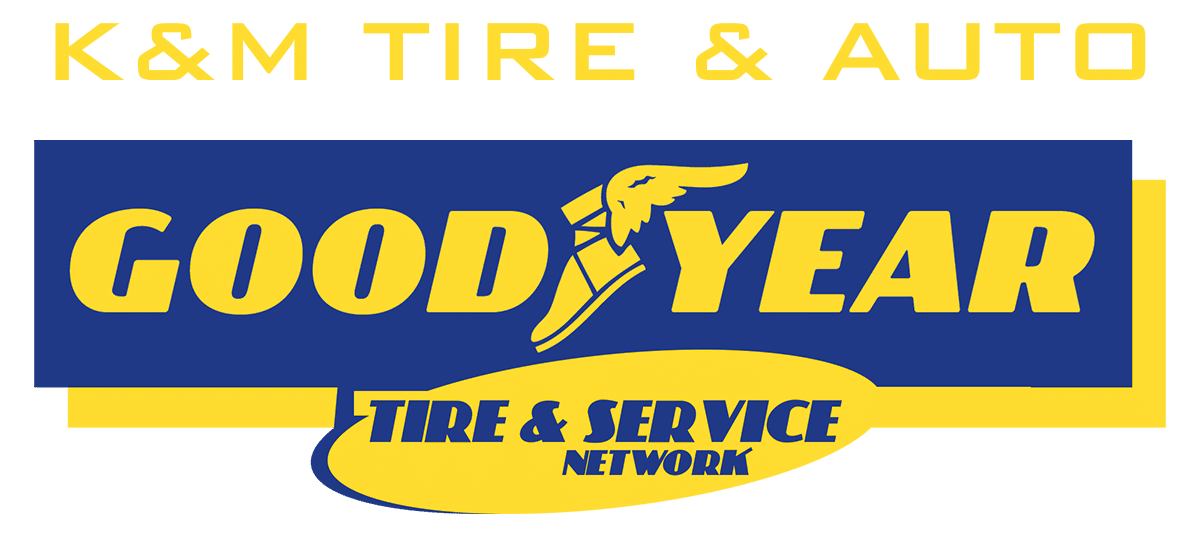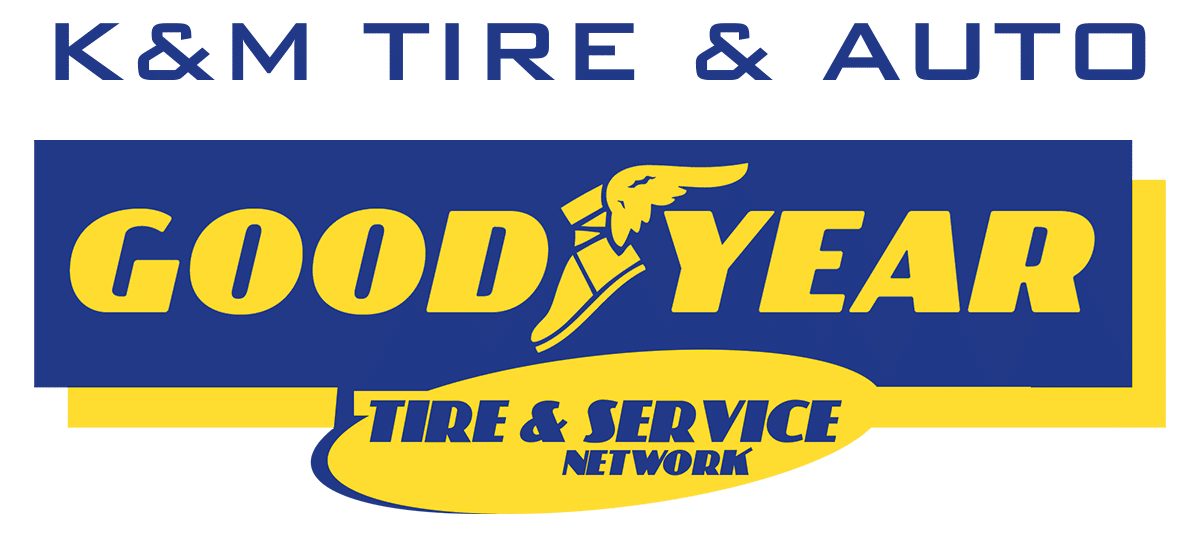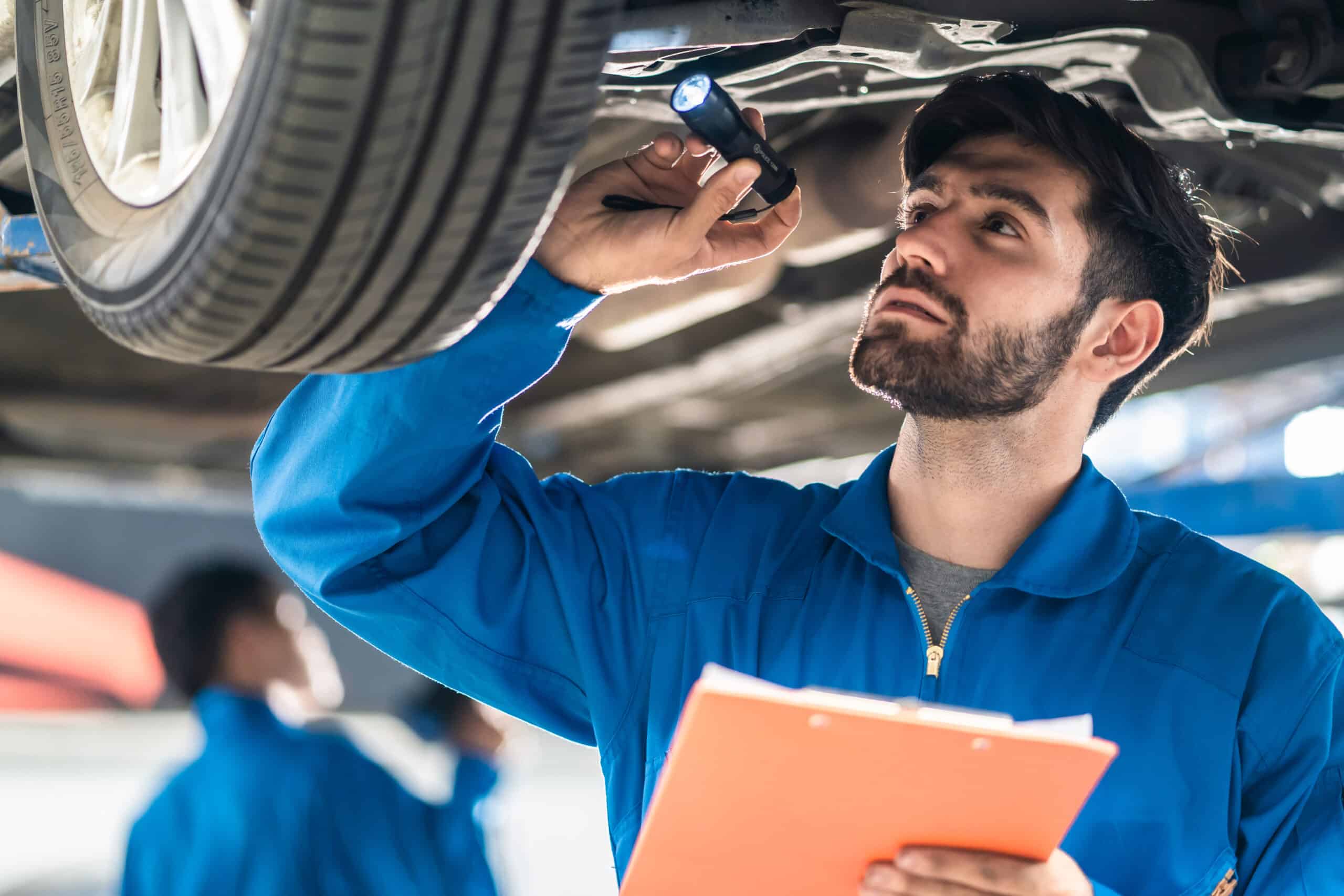Your vehicle’s braking system is one of the most essential systems that it possesses. Every driver wants to feel confident that their brakes will work when they need them to and that they can stop their car in a safe manner. We find that brake problems account for the vast majority of automotive emergencies. While we all appreciate the freedom that an automobile gives us, few of us are willing to submit it to a regular car brake repair and maintenance service.
It’s a fact that getting your car checked out by a professional mechanic may save you a ton of money in the long run. If this is your first time looking into having your car’s brakes checked and repaired, you’ve come to the right spot to learn all you need to know.
Brake Fluid Checkup
Brake fluid Braking fluid is the component of a brake system least likely to be on anyone’s must-do list. The master cylinder of a passenger vehicle’s braking system responds to brake pedal pressure. It pushes braking fluid through pipes and tubes to each wheel. Brake fluid causes clamping mechanisms (calipers) to squeeze brake pads against metal discs linked to the wheels. These spinning discs – rotors and brake pads provide friction to slow and stop your car.
With time, brake fluid might become less effective. To begin with, brake fluid is hygroscopic, meaning it absorbs moisture from the air. That moisture can contaminate brake fluid and damage system components. When you use your brakes, the fluid warms up and even boils. ABS and traction control both rely on the braking system and emit heat that wears down brake fluid.
Your car can lose braking fluid, too. If you check the master cylinder’s reservoir, you’ll know. If the level is low, a leak may be present.
While brake fluid isn’t something you see every day, it’s important to remember to have it changed at least once every two to three years. It must be pressured to be removed and replaced, unlike other fluids. This is normally done with a fluid flush. Remember that changing the brake fluid is preventative maintenance that must be performed even if the vehicle is not in use. Even if you don’t drive your car very often, the brake fluid can still soak up moisture from the air.
Brake Pad Replacement
Brake pad replacement is the most common brake service. When you apply the brakes, a sacrificial friction compound in the brake pads holds the brake rotor, like a wheelchair user gripping the wheels. Friction generates heat, converting kinetic energy into thermal energy. Due to friction, brake pads wear out and must be changed.
Despite dashboard lights, screaming sounds, longer stopping distances, and squishy brake pedals, many drivers don’t update their brake pads. Despite a sufficient amount of brake fluid, it is conceivable that the pads are worn. Grinding noises and difficulty stopping are next-level warnings. By then, the rotors and other elements of the braking system are damaged, or the car has crashed, increasing the cost of cheap servicing.
When it comes to car brake repair and maintenance, some drivers try to get away with the bare minimum to save cash. If you have a repair shop, or your neighbor or your friend “pad slaps” your brakes, they will just replace the pads, leading to premature wear and a decrease in vehicle safety. A thorough brake job includes checking the brakes, replacing or resurfacing the rotors as necessary, cleaning the calipers, and installing new clips and other hardware.
A Complete Brake System Service
The brake pads on your vehicle are designed to wear out over time. Depending on your driving patterns, weather, and pad, it might be up to 60,000 miles. After some time, brake fluid deteriorates and must be replaced. What about the rest of your brakes? It’s made to last, not break, and needs replacing. But it still does.
Eventually, especially as your vehicle matures, you’ll have to deal with just about every part of the braking system. As the brake pads wear away at the rotors, the rotors themselves also undergo a gradual but noticeable process of material loss. At every brake inspection, their minimum thickness should be checked. Cleaning and lubricating your brake calipers are also important, but a caliper might eventually freeze up or spring a leak if it isn’t maintained. Master cylinders and brake lines deteriorate over time, and hoses dry up. Components of the anti-lock braking system and traction control systems are similarly prone to wear and tear.
When a car is brand new, having the brakes inspected and the pads replaced should be the extent of its maintenance. Other components may eventually require maintenance as well. Vehicle safety and longevity suffer when routine maintenance is neglected, whether the vehicle is new or old.
Conclusion
Regular vehicle maintenance is an absolute need. Neglecting your home will result in paint fading, mold growth, and even creatures moving in and out of it. When it comes to your lawn, weeds will quickly overtake the space. Just like homes and lawns, paying attention to your car is a must if you want your vehicle to run smoothly and for a long time. For this reason, manufacturers often provide a service schedule to notify drivers for the upcoming maintenance.
Brakes may not be something we give much thought to daily, but they are an essential safety feature and can be the thin line between life and death in an accident. You need to keep up with a brake repair and maintenance routine and act immediately to any warning signs; this way, your car will always stop when you hit the brakes!


